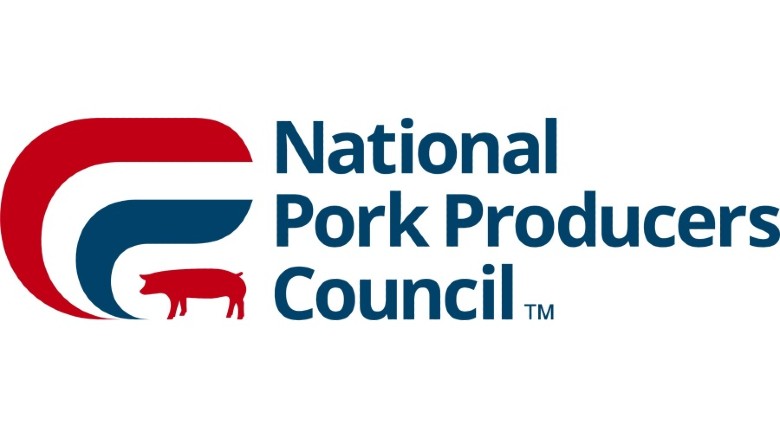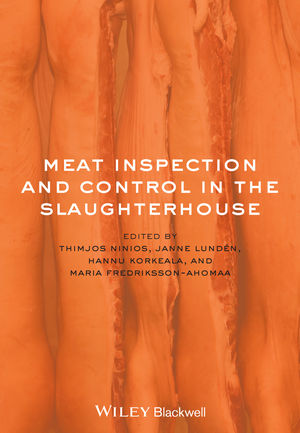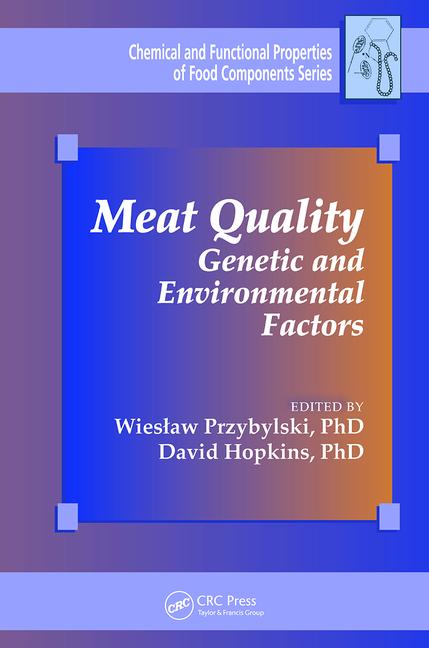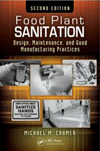NPPC leads coalition to appeal NFPA sprinkler decision
NPPC finds a blanket sprinkler requirement for all farms, without a scientific basis and disregard of feasibility, is improper and should be reversed.

Courtesy of the National Pork Producers Council
In August 2024, NPPC Chief Legal Strategist Michael Formica led a coalition of agricultural groups in an appeal before the National Fire Protection Association’s Standards Council over a decision earlier this summer to change the fire code to require livestock barns to install sprinkler systems.
The coalition was supported in its appeal by the insurance industry, Farm Credit Council, American Association of Swine Veterinarians and others. The sprinkler requirement was introduced by the Sprinkler Fitters Union and Animal Welfare Institute. In 2012, a similar version of this language, introduced by the Humane Society of the United States, was rejected by NFPA.
NPPC detailed the numerous procedural irregularities in the development and adoption of the standard and provided examples of biosecurity risks and how sprinklers would do more harm in farm operations. NPPC discussed the need for data-driven fire solutions to better understand the cause of fires in barns and designing solutions to address those risks to prevent fires. NPPC also pointed out that AWI’s interests are putting farmers out of business, resulting in AWI revising their mission statement and the Sprinkler Fitters Union distancing themselves from AWI during the hearing.
Made up of representatives of the fire sprinkler industry and other fire professionals, the Standards Council has historically granted very few of the appeals.
NPPC believes that if the decision is allowed to stand, producers would begin to see state fire code changes after 2025 that require installation of fire sprinkler systems in new barns and those undergoing major retrofitting.
Preliminary estimates have shown sprinkler systems to run approximately $9-15 per square foot, which would also need to have a dedicated source of water to allow the system to run until the fire department’s arrival to extinguish the fire. Sprinkler systems also require periodic inspections and significant maintenance, especially in an environment such as a livestock barn, which creates biosecurity concerns.
Finally, NFPA research indicates that the operation of ventilation systems, in conjunction with a sprinkler, reduces the functionality and will likely shut down ventilation systems for sprinklers to work properly, creating severe animal welfare concerns.
NPPC noted that the care and protection of animals, including from fires, is the top priority for pork producers. The pork industry continues to invest in research to understand all risks on the farm, including fires, and supports additional research in identification of fire risks and designing systems to eliminate them. The fire code includes numerous recommendations for the construction and design of barns, which pork producers, in conjunction with their insurers, already implement. A blanket sprinkler requirement for all farms, without a scientific basis and disregard of feasibility, is improper and should be reversed.
Source: National Pork Producers Council
Looking for a reprint of this article?
From high-res PDFs to custom plaques, order your copy today!






